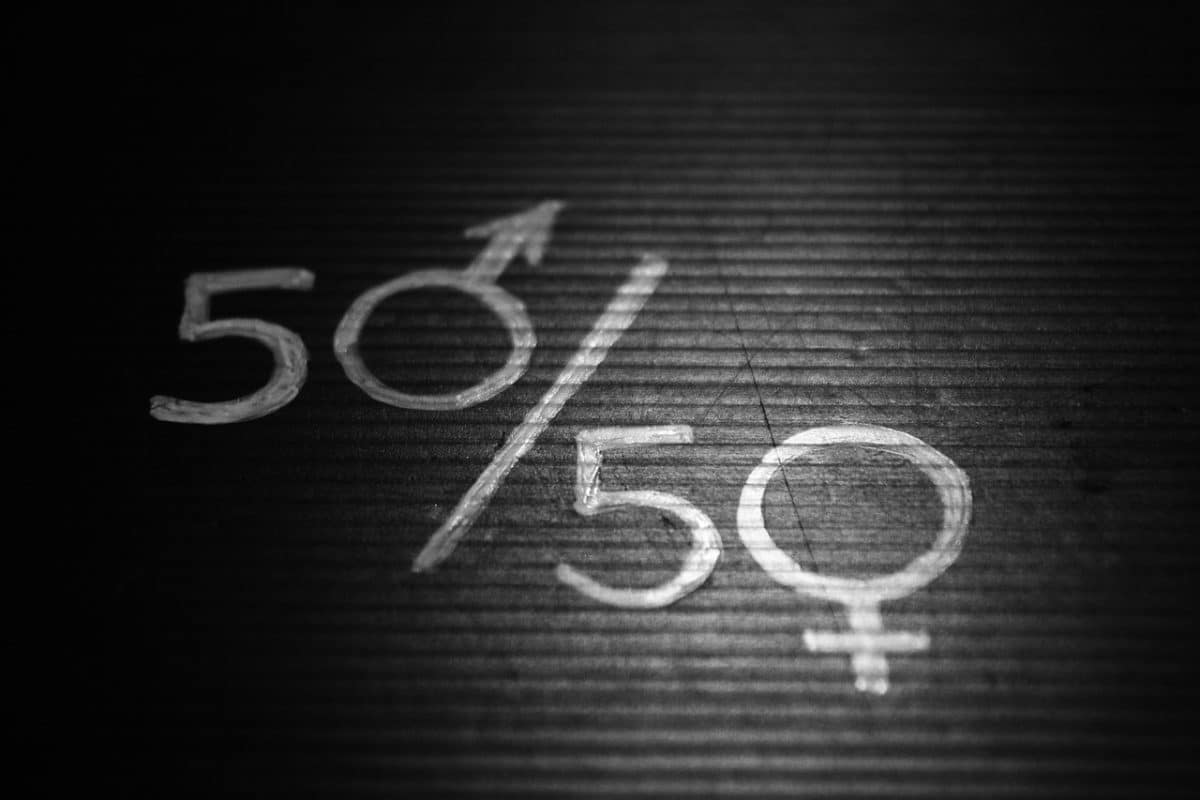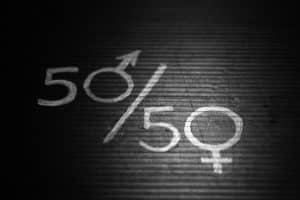
Women are fully equal to men under the law in only six nations, according to a World Bank report published in late February.

Image by Selver Učanbarlić from Pixabay
The study, “Women, Business and the Law 2019,” analyzes how laws impact women by either moving toward, or hindering efforts to achieve, gender equality.
Laws related to the eight focus areas below were analyzed and evaluated to provide a cumulative score for the 187 nations assessed by the report:
- Going Places: Examines constraints on freedom of movement.
- Starting a Job: Analyzes laws affecting women’s decisions to work.
- Getting Paid: Measures laws and regulations affecting women’s pay.
- Getting Married: Assesses legal constraints related to marriage.
- Having Children: Examines laws affecting women’s work after having children.
- Running a Business: Analyzes constraints to women starting and running businesses.
- Managing Assets: Considers gender differences in property and inheritance.
- Getting a Pension: Assesses laws affecting the size of a woman’s pension.
For each area, a series of yes-or-no questions were posed. These included “Can a woman travel outside her home in the same way as a man?” “Does the law mandate equal remuneration for work of equal value?” and “Is there paid paternity leave?”
The more “no” answers a nation received based on its laws, the lower its overall score.
Belgium, Denmark, France, Latvia, Luxembourg and Sweden were the only nations to score 100, indicating that women and men have equal opportunity under the law.
The average global score was 74.71, with the Middle East North Africa (MENA) region receiving the lowest average score at 47.37.
“Ten years ago, the global average score was 70.06. Since then, 131 economies have made 274 reforms to laws and regulations increasing gender equality in the areas measured in the index,” the report said. “These reforms led to a 4.65-point increase in the average global score.”
Thirty-nine nations received a score of 90 or higher, 41 nations an 80-89, 48 a 70-79, and the remaining 59 nations a 69 or below.
The U.S. was ranked 65 out of 187, receiving a score of 83.75 – the same rating as The Bahamas, Kenya and Malawi.
The U.S. received “yes” answers for all questions in five of the eight focus areas – Going Places, Starting a Job, Getting Married, Running a Business and Managing Assets – scoring 100 for each metric.
Lower scores in the three other areas – Getting Paid (75), Having Children (20) and Getting a Pension (75) – reduced the nation’s overall rating.
“The greatest increase in average regional score occurred in South Asia, which saw an increase of 8.36 points, followed by East Asia and the Pacific with an increase of 5.93 points and Sub-Saharan Africa with an increase of 5.59 points,” the report said.
“Economies in the Middle East and North Africa had the lowest increase in average score, rising by just 2.86 points over 10 years, which further increased the legal gender gap between the Middle East and North Africa and the rest of the world.”
The full report is available here.
This article originally appeared on EthicsDaily.com.




